UPDATES Sign up to receive periodic updates from the Student Experience Research Network.
Annual Funder Briefing
From 2016 to 2021, Student Experience Research Network hosted an annual briefing that brought the philanthropic community together with researchers and practitioners studying and applying core ideas related to student experience. The event showcased the latest research, implementation, and results of initiatives in both K-12 and postsecondary contexts. Insights from the events are captured in the materials below.
In order to extend the impact of the funder briefing, SERN also developed a suite of resources that detail how we planned and executed the event. The SERN funder briefing resource suite outlines our processes for theme and agenda development, speaker selection and preparation, attendee communications, and more, and offers curated examples and templates that can build capacity for other events that enable dialogue and learning across research, practice, policy, and philanthropy.
The 2021 briefing took up the pressing question of how to create and sustain culturally responsive, identity affirming, and belonging-supportive learning environments.
In order to transform educational structures that are deeply embedded in a social, political, and historical context, leaders must build the capacity of their systems and build will within communities in service of educational equity. This entails articulating an inclusive vision of the experiences and outcomes that a system is working towards; using data and collaborative meaning making opportunities to illuminate how students are experiencing the learning environment; and partnering authentically with students, families, and community members in decision-making.
This type of transformation also requires field-level conditions that facilitate the protection and expansion of structural shifts in practice and policy that support students’ experience of respect as valued people and thinkers in school.
Resources
Read a four-part series that summarizes some key points of discussion and features clips from the event:
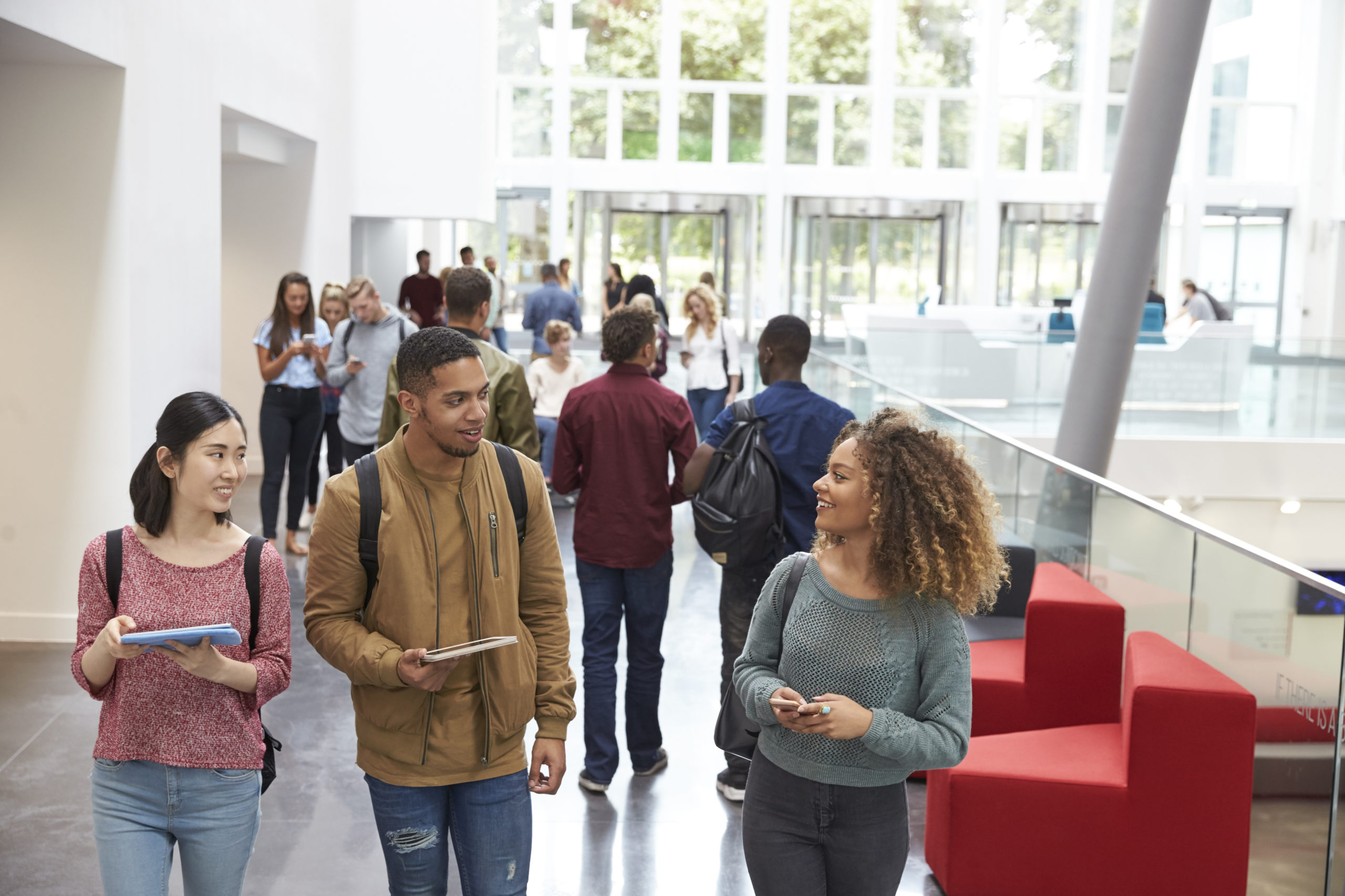
Advancing Research-based, Structural Change in Education
Three presentations of recent research by scholars Mesmin Destin, Yasmiyn Irizarry and Tia C. Madkins, and Jamaal Matthews illustrate themes from the funder briefing and exemplify the type of equity-centered measurement and scholarship that is needed to unpack and make progress on longstanding challenges in education.

Facilitating Continuous Improvement in Classrooms and Institutions
By gathering data on students’ experiences, providing safe and supportive spaces in which educators and administrators can make meaning of those data, and making meaningful shifts in response to student feedback, institutions and systems can enact and expand inclusive and effective instructional practices.

Authentically Engaging Students, Families, Communities, and Diverse Institutional Members in Changemaking
Transforming educational structures requires trusting relationships. Speakers shared insights related to student organizing and leadership, participatory governance and budgeting processes, family outreach, and the stakeholders in postsecondary education who may be overlooked or face barriers to participation in change-making efforts.

Field-level Enabling Conditions for Transformation
Field-level enabling conditions – including funding and accountability structures, research, community organizing, and messaging and legal work – are necessary to align resources and public support with effective strategies for improving students’ experiences in school.
What does it mean to support belonging as districts grapple with uncertainty related to COVID-19, and as students and educators reckon with our nation’s history of racial violence? What factors should education leaders consider in order to support belonging in virtual environments and for students who are marginalized by the current system?
At the 2020 virtual briefing, attendees heard from leaders in research and practice about the structures and conditions that are needed to support adolescents’ sense of belonging in this unique moment and reflected on the new potential for transformative shifts in our education system.
Resources

Belonging Now: New Insights from Research and Practice
The virtual briefing featured remarks from leaders at Beloved Community, EL Education, Equal Opportunity Schools, Kingmakers of Oakland, and from professor of educational psychology DeLeon Gray. This video shows the full event.

Belonging Now: What It Takes to Create the Conditions for Belonging
This blog post summarizes remarks from the event and includes a list of additional resources related to the event themes.
Knowing that one’s voice is heard and matters—at an individual and a collective level—is critical to a person’s sense of efficacy, competency, and motivation; their well-being and outcomes; and their development as contributors to their community and broader society. Yet, educational environments are not often designed to be reflective of, or responsive to, students’ perspectives.
At the 2019 briefing, attendees learned what it looks and feels like for educator practice, institutional policy, and systems change to convey to students that their voices and perspectives are heard and matter.
View the agenda for a list of speakers and sessions.
Resources
Video essay
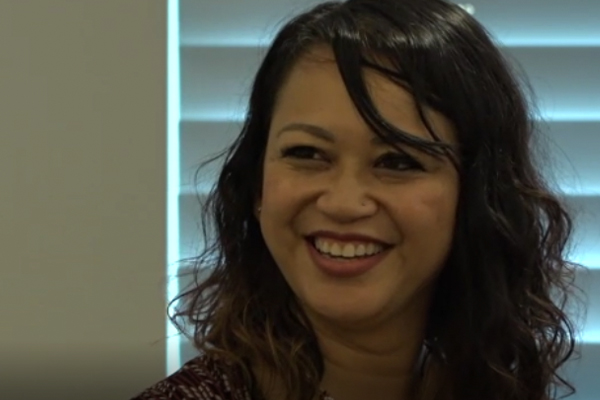
Is my voice heard? Does my voice matter?
This video highlights powerful remarks made throughout the day-long event about why it is important for students and educators to feel seen and heard in education and what we know from research and practice about changing curriculum, pedagogy, educator experience, and structures in K-16 institutions to help achieve that.
Expanding the conversation around student voice
Read a three-part summary of lessons from experts’ remarks and themes that arose in discussions during the event:

Expanding the Conversation Around Student Voice
Cues from the environment shape students’ perceptions that their voices are heard and their perspectives matter. These cues are present in what is taught, who is teaching, and how teaching and learning happens, and they connect to tangible outcomes.

Strategies for Supporting Students’ Perceptions That They are Heard and Matter
Approaches like participatory action research, project-based learning, civics education, and ethnic studies, as well as system-level efforts that are responsive to the local context, can support students’ perceptions of being heard.

Strategies for Building Educators’ Capacity to Understand and Be Responsive to Students’ Perspectives
Cycles of practice and feedback, structures for personal and professional development, and support from intermediary organizations can help educators convey to students that their perspectives matter.
Selected Session Videos
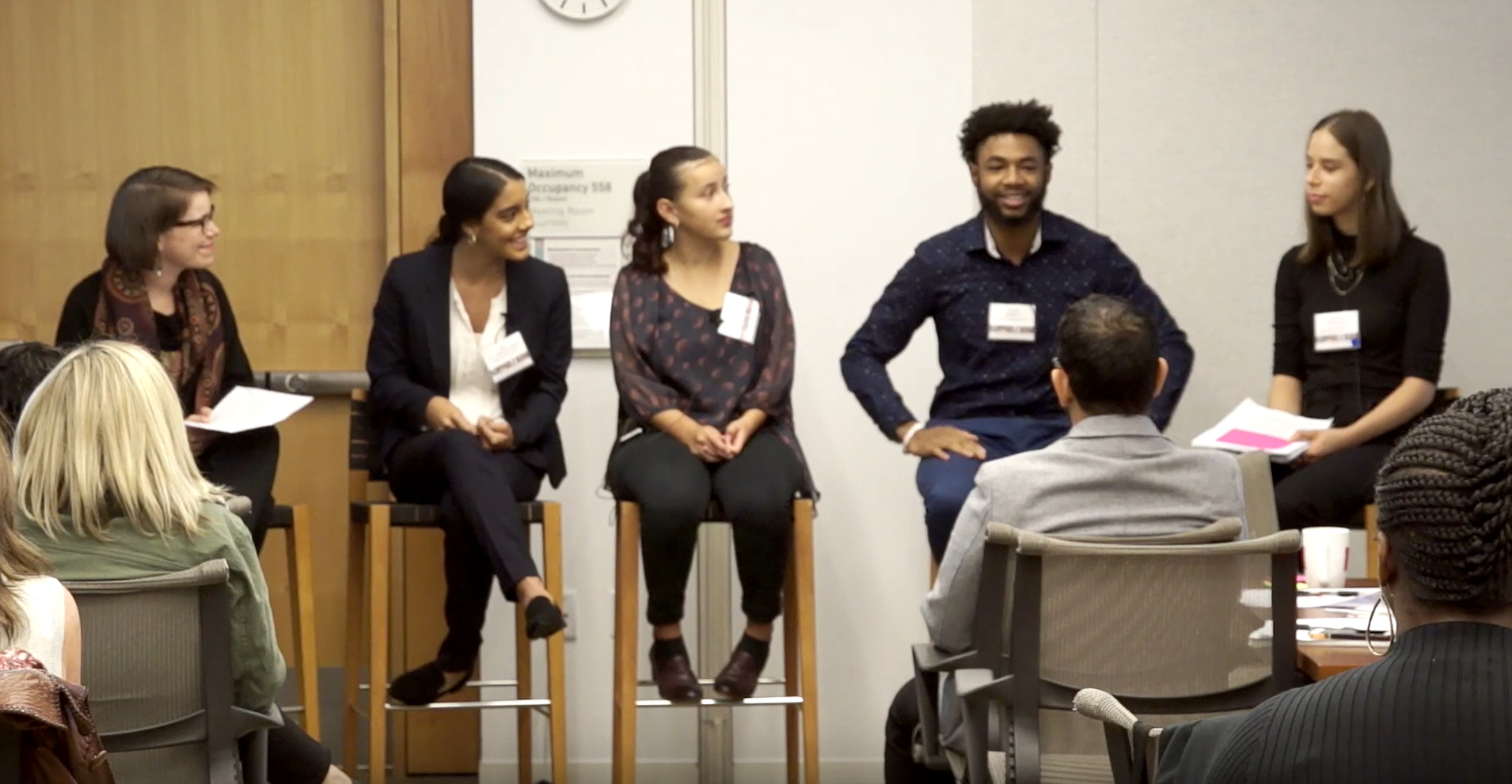
Discussion with Student Leaders: Is My Voice Heard? Does My Voice Matter?
Panelists Ana De Almeida Amaral, Enoch Jemmott, Izadora McGawley, and Christine Rodriguez describe their work in education, including starting an ethnic studies course and advocating for more equitable access to guidance during the college application process. They discuss what is needed for students’ voices and perspectives to be integrated into the education system.
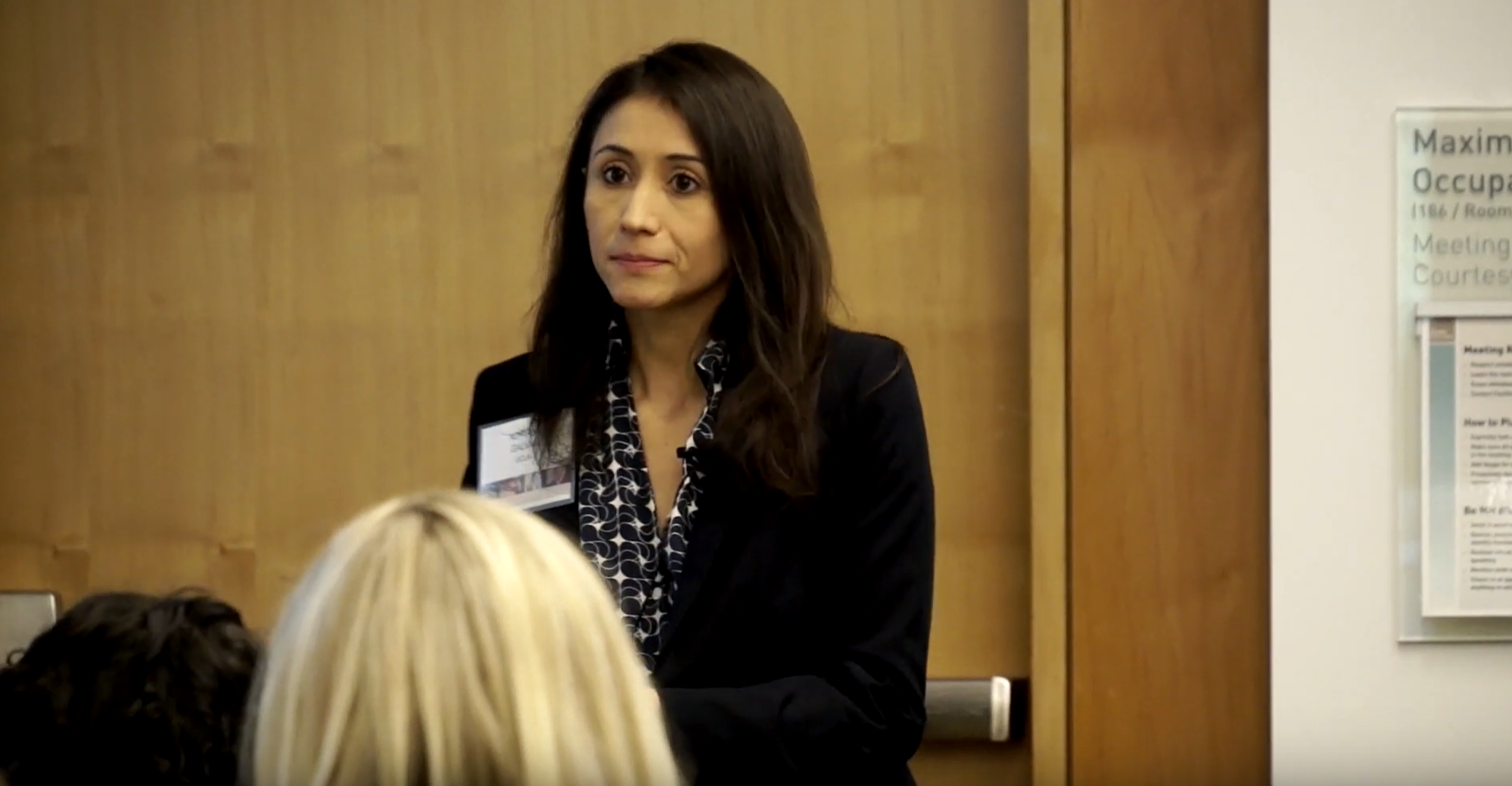
The Adolescent Brain: Insights from Neuroscience
Adriana Galván explains what we know from neuroscience research about adolescents’ need to be valued, respected, and heard.
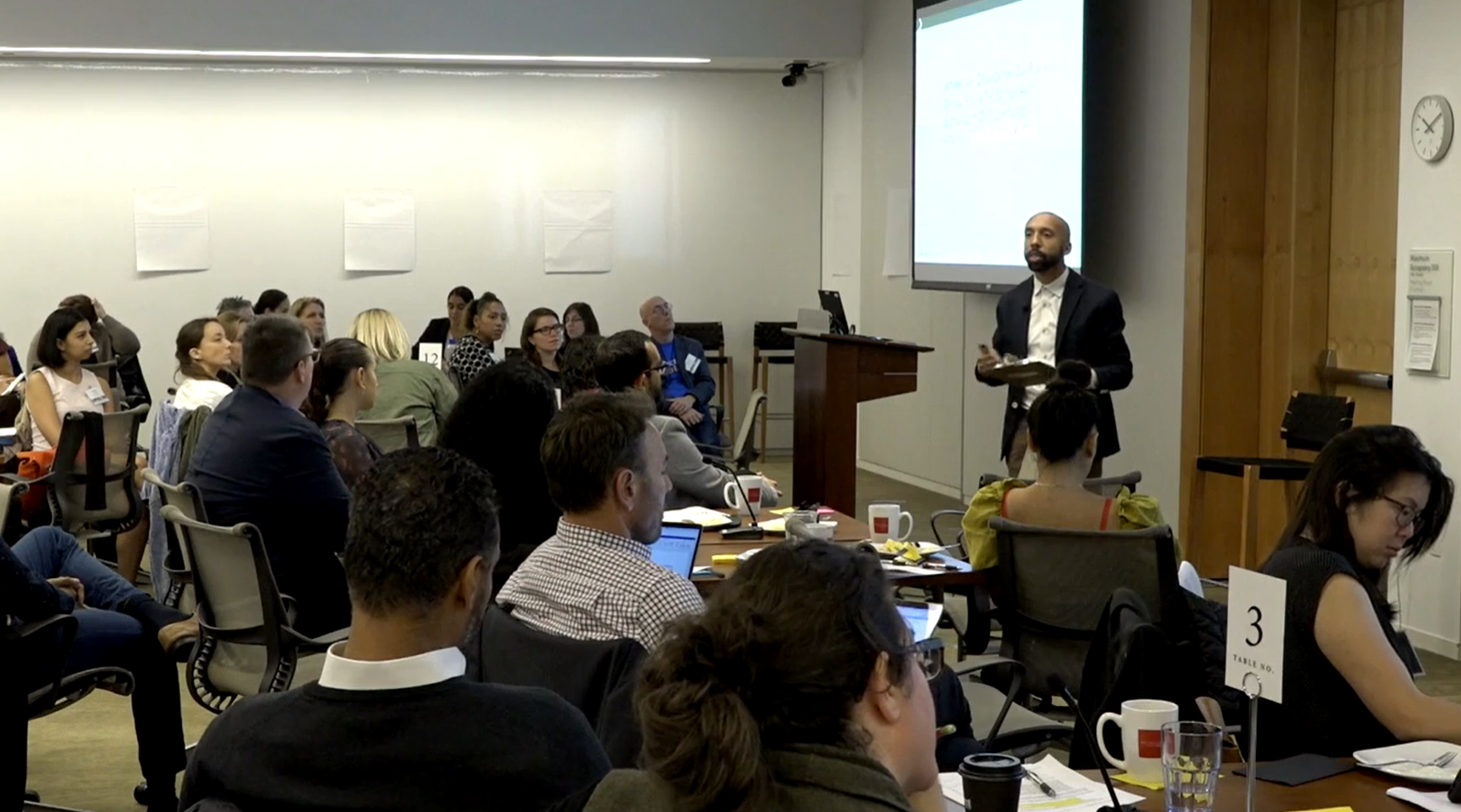
The Role of Intermediary Organizations in Student Voice Initiatives
DeLeon Gray presents research about creating opportunity structures for belonging and shares examples from research-practice collaborations of what it looks and feels like for students to take part in initiatives that elevate their perspectives and ideas.
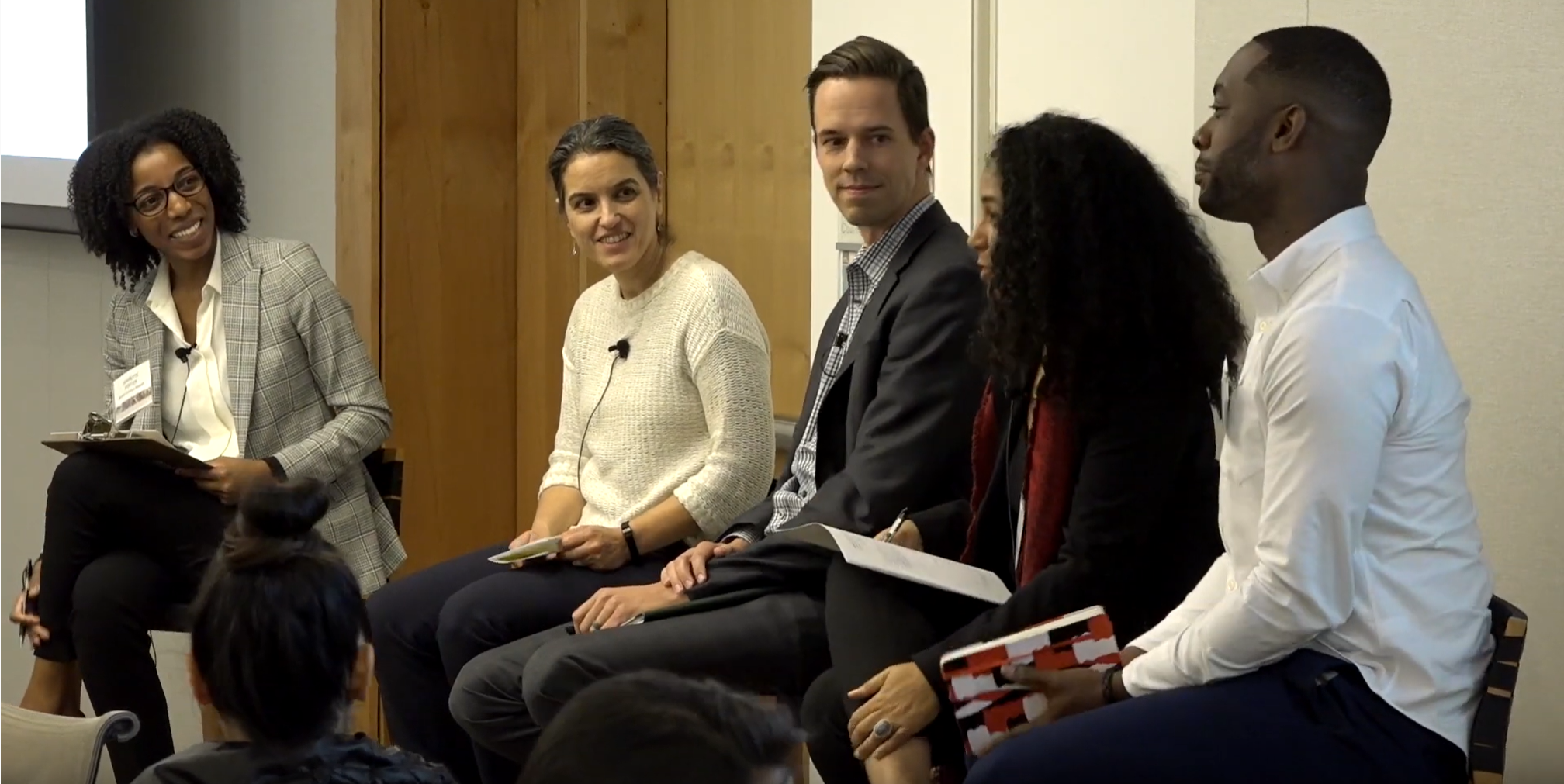
Student Voice in Mathematics Instruction
Panelists Nathan Alexander, Elham Kazemi, Dan Meyer, and Na’ilah Suad Nasir discuss how designing mathematics contexts with a focus on culture, curiosity, vulnerability, and structures for failure and redemption can lead to better mathematics learning and achievement.
Briefing Book
Learn more by downloading the event pre-read, which contains overviews of relevant Student Experience Research Network initiatives, profiles of featured speakers and organizations, and recommendations for additional reading.
Research tells us that students’ perceptions related to growth mindset (the belief that intelligence can be developed) and relevance and purpose (the belief that one’s schoolwork matters) are levers for improving students’ motivation and psychological experience of school. But before students grapple with questions like, “can I get better at this subject?” or, “what is the value of this material?” they face an even more foundational question about their classroom and school: “Am I someone who belongs here?”
At the 2018 briefing, attendees explored the field of belonging, with a special focus on different types of partnerships between practitioners and researchers.
View the agenda for a list of speakers and sessions.
Resources
Strategies to support belonging in education
Read a four-part summary of lessons from experts’ remarks and themes that arose in discussions during the event:

Shifting Culture
Experts from research and practice explain how the cultures represented in schools influence students’ sense of belonging.

Anticipating Key Moments of Belonging Uncertainty
This post highlights three situations in which schools can anticipate and address students’ concerns about belonging.

Strengthening Relationships
Researchers and practitioners discuss how data use and professional development can strengthen relationships between students and educators in ways that support belonging.

Leadership
Dedicated staffing, coalition-building, and partnerships are powerful tools leaders can use to support student belonging.
Selected Session Videos
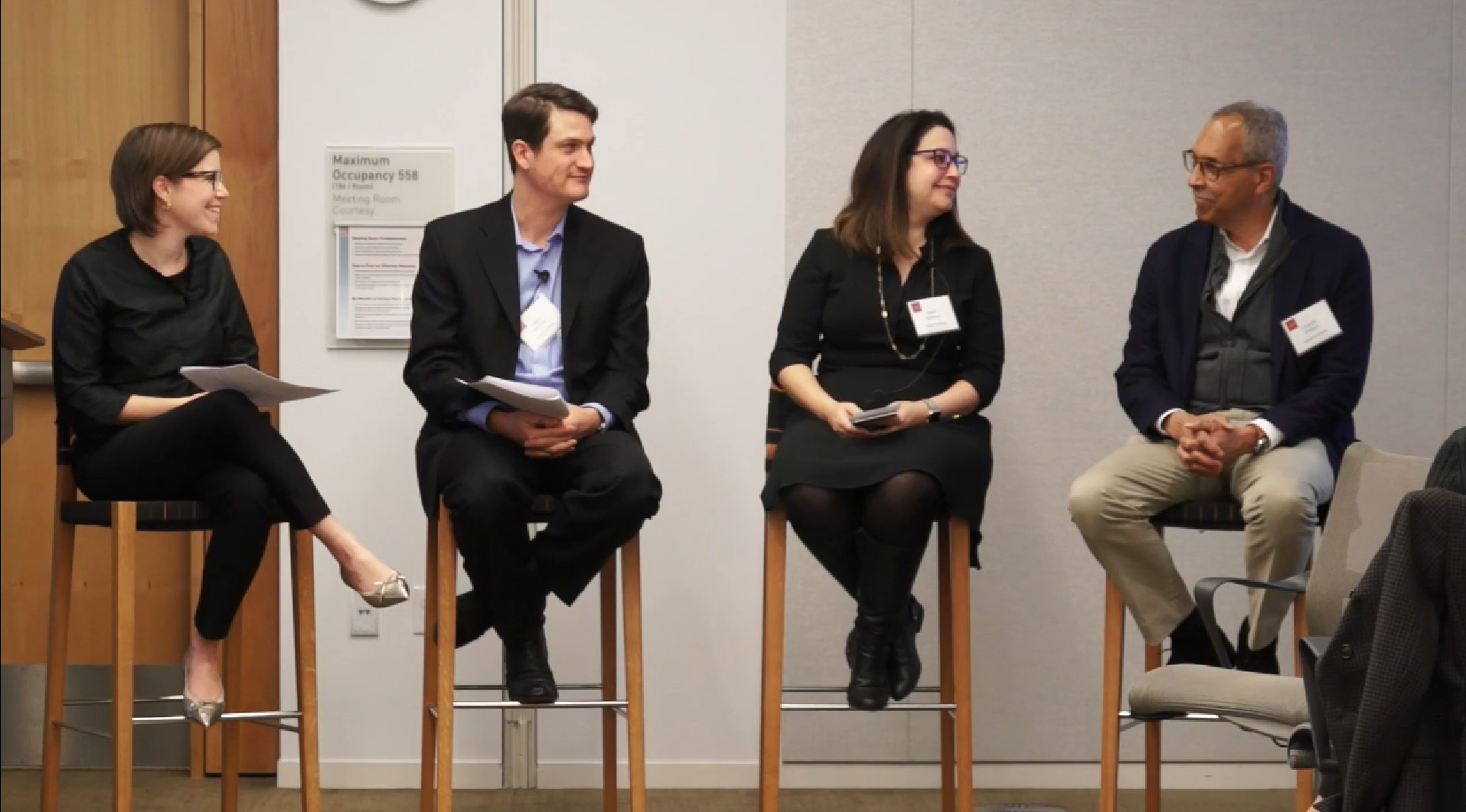
Studying Belonging in Education
Claude Steele, Mary Murphy, and Gregory Walton discuss the origins and future directions of research on belonging. They explain why belonging is critical to student outcomes and what it means to create places of belonging and identity safety. An overview of this session is also available on our blog.
Briefing Book
Learn more by downloading the event pre-read, which contains overviews of relevant Student Experience Research Network initiatives, profiles of featured speakers and organizations, and recommendations for additional reading.
At the 2017 briefing, speakers with expertise in research translation led design workshops that had attendees envision how they might integrate the latest insights from mindset science into their work. The event also featured an early look at findings from the National Study of Learning Mindsets.
View the agenda for a list of speakers and sessions.
Resources
Briefing Book
Learn more by downloading the event pre-read, which contains overviews of relevant Student Experience Research Network initiatives, profiles of featured speakers and organizations, and recommendations for additional reading.
At the 2016 briefing, speakers described how policy and educator practices influence students’ psychological experience of learning and school. They also demonstrated how science and practice can shape each other through relationships between researchers and practitioners, measurement tools, networked improvement communities, and the implementation of scientific interventions at scale.
View the agenda for a list of speakers and sessions.
Resources
Briefing Book
Learn more by downloading the event pre-read, which contains overviews of relevant Student Experience Research Network initiatives, profiles of featured speakers and organizations, and recommendations for additional reading.
